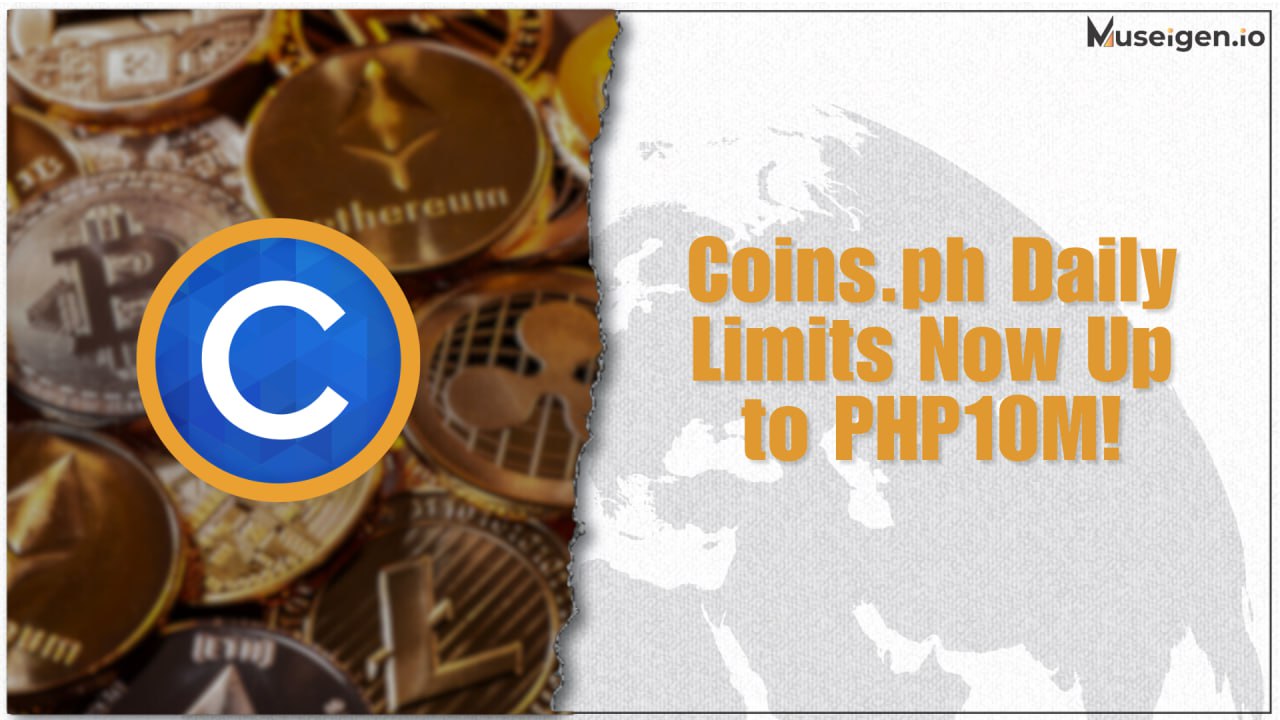Coins.ph, a prominent licensed cryptocurrency wallet and exchange in the Philippines, has significantly raised its standard daily cash-in limits, setting a new benchmark in the country’s e-wallet sector. The updated limits, which align with the Bangko Sentral ng Pilipinas (BSP) guidelines, now allow for higher transaction volumes, catering to the growing demand for cryptocurrency trading and financial transactions.
The revised cash-in limits include ₱500,000 for Level 2 accounts, which require ID and selfie verification, and a substantial ₱10 million for Level 3 accounts, necessitating additional verification through proof of address and proof of income. This move positions Coins.ph as a leading player in the Philippine digital currency market, offering enhanced flexibility and capacity for users.
To upgrade to Level 2, users must provide a valid ID and undergo a facial recognition scan. For those with significant financial portfolios or frequent trading activities, Level 3 verification is available by submitting additional Know Your Customer (KYC) documents, including proof of address and proof of income.
Wei Zhou, CEO of Coins.ph, emphasized the importance of these changes, stating, “By increasing our limits, we can better cater to the needs of these customers and provide them with a more seamless trading experience.” This enhancement reflects the company’s commitment to meeting the evolving needs of its users and staying ahead in the competitive cryptocurrency market.
The increase in cash-in limits aligns with the BSP’s recent amendments to its Guidelines on Electronic Money (E-money) and the Operations of Electronic Money Issuers (EMI). These amendments included the removal of the ₱100,000 monthly aggregate cash-in limit on EMIs, reflecting a more flexible regulatory approach to digital financial services.
In its pursuit of innovation and collaboration, Coins.ph recently launched the Digital Asset Exchange Alliance (DAEA) alongside Coinhako (Singapore), Indodax (Indonesia), and Bitkub (Thailand). This alliance aims to foster regulatory compliance, share best practices, promote financial literacy, and ensure consumer protection and responsible trading in the digital asset space.
Moreover, Coins.ph introduced a recovery procedure to assist users in reclaiming assets from blockchain transactions that have gone awry. This feature addresses issues like incorrect destination tags, transactions on unsupported networks, deposits of unsupported tokens, and managing associated fees. Coins.ph, however, clarified that successful recovery cannot be guaranteed due to the complexities, timelines, and security risks involved. The firm further noted that requests for recoveries will be subject to applicable fees.
The platform’s TradeDesk service has also seen remarkable success, surpassing a trading volume of over $1 billion yearly. TradeDesk specializes in over-the-counter trading services for high-net-worth individuals and institutional clients, offering a streamlined process for cryptocurrency and foreign currency transactions.
However, Coins.ph has faced challenges, including a data breach affecting a small percentage of users and a potential security breach in October, resulting in the theft of approximately $6 million worth of XRP.
The compromised funds were identified and labeled by Chainalysis, although the exchange has not officially commented on the incident. Despite these setbacks, Coins.ph continues to innovate and expand its services, solidifying its position as a key player in the Philippine cryptocurrency market.
__________________________
Disclaimer: “The articles on this website reflect the opinions of the respective writers and are not the opinion of Museigen.io. In addition, nothing in this article should be considered as financial advice. It is essential to conduct your independent research and consult with a qualified financial advisor before making any financial decisions.”
Source article here.


